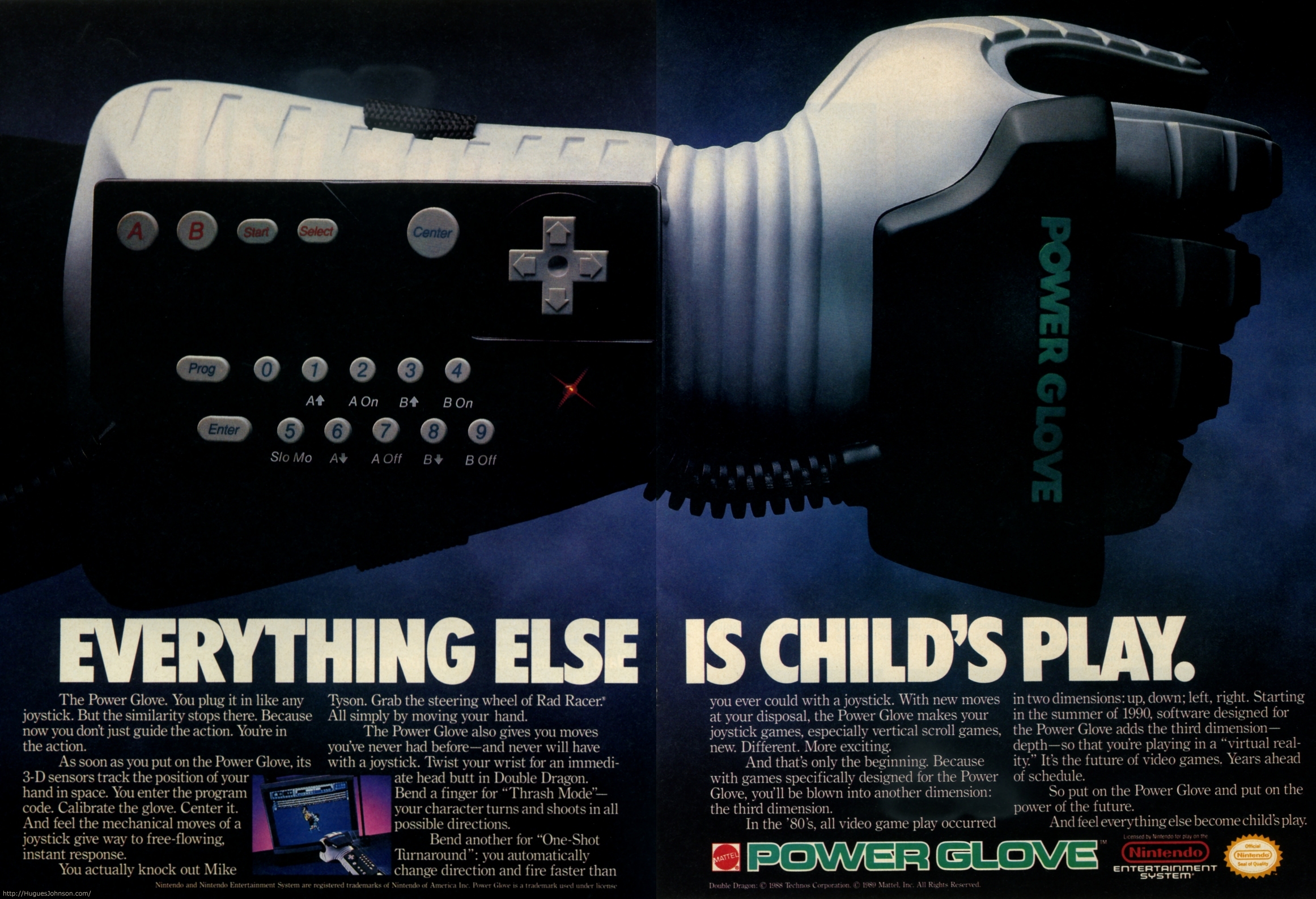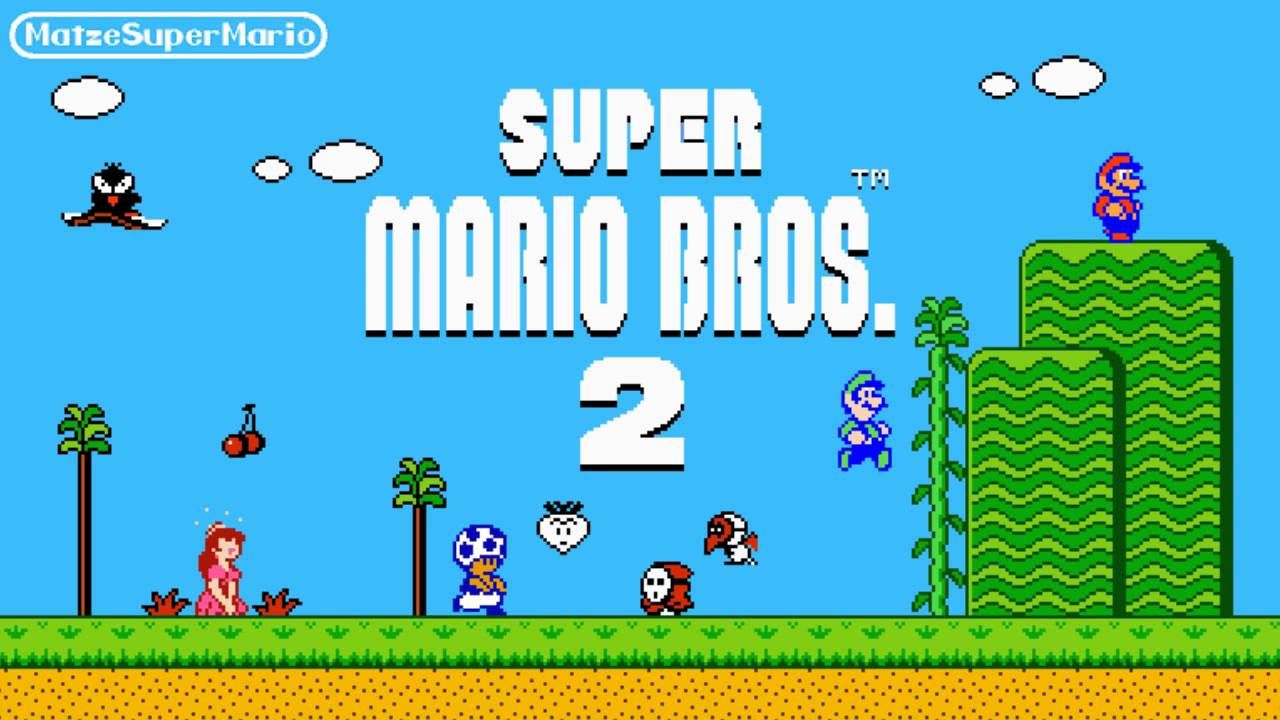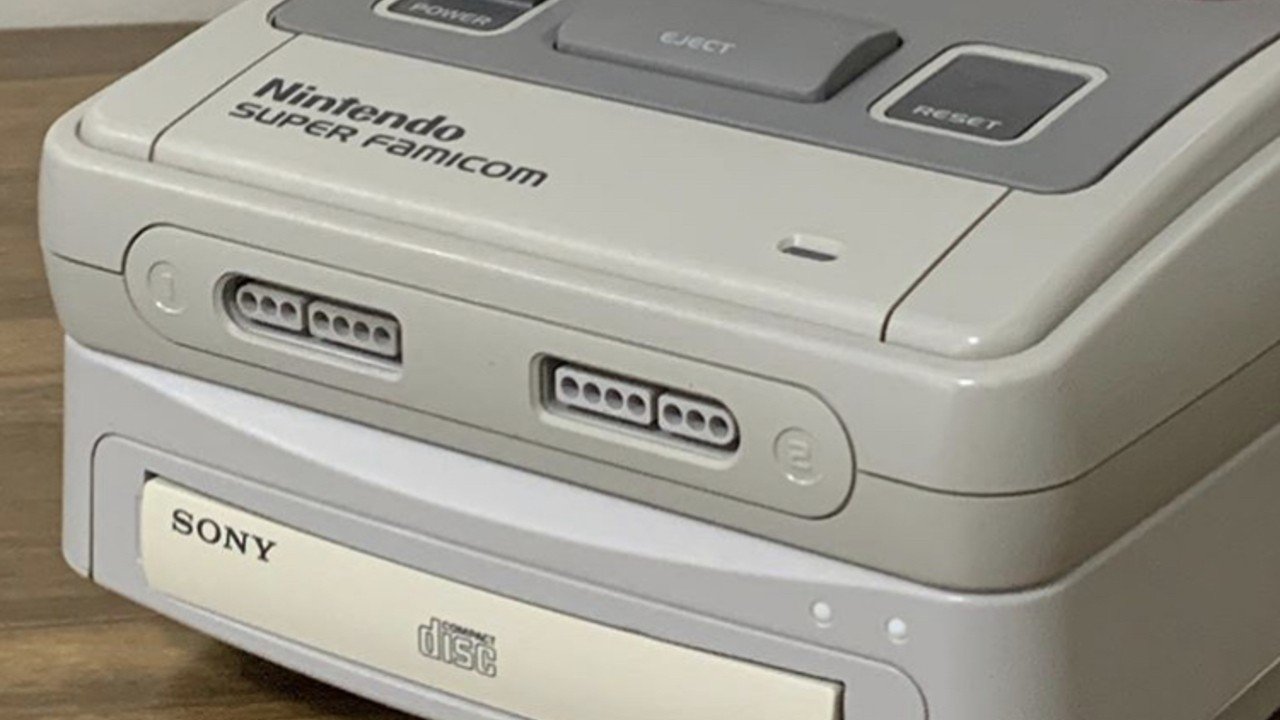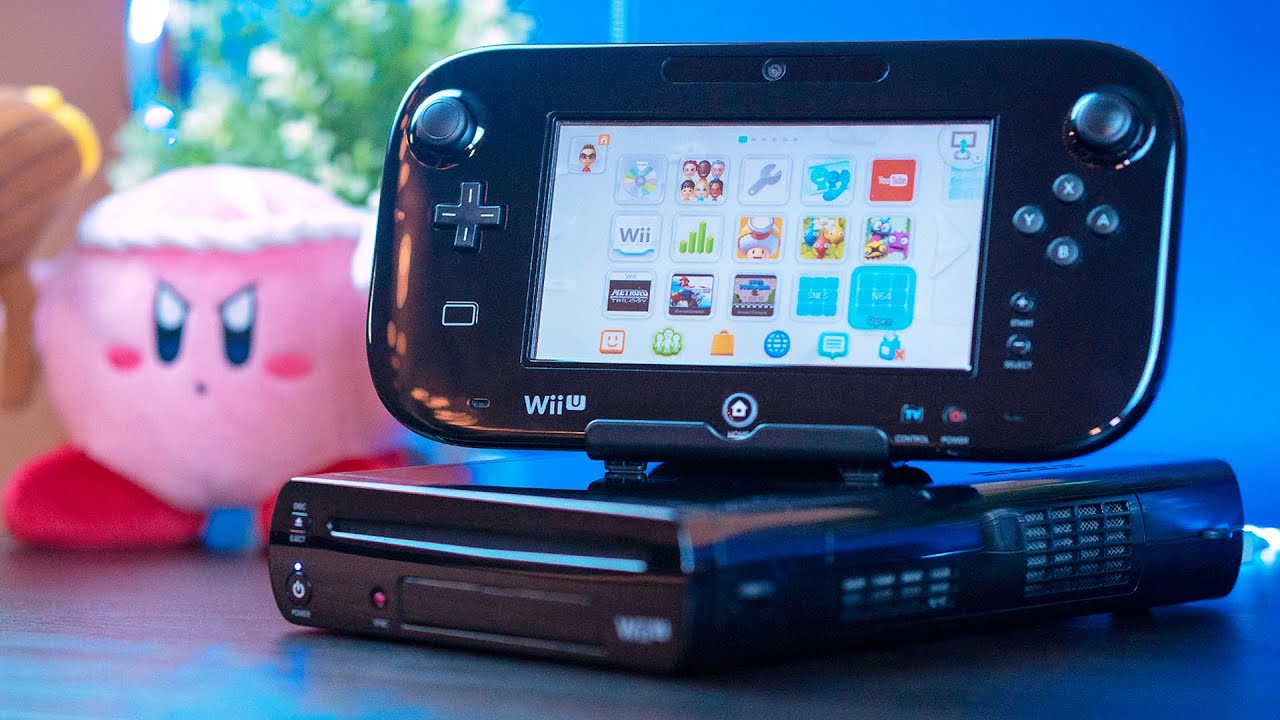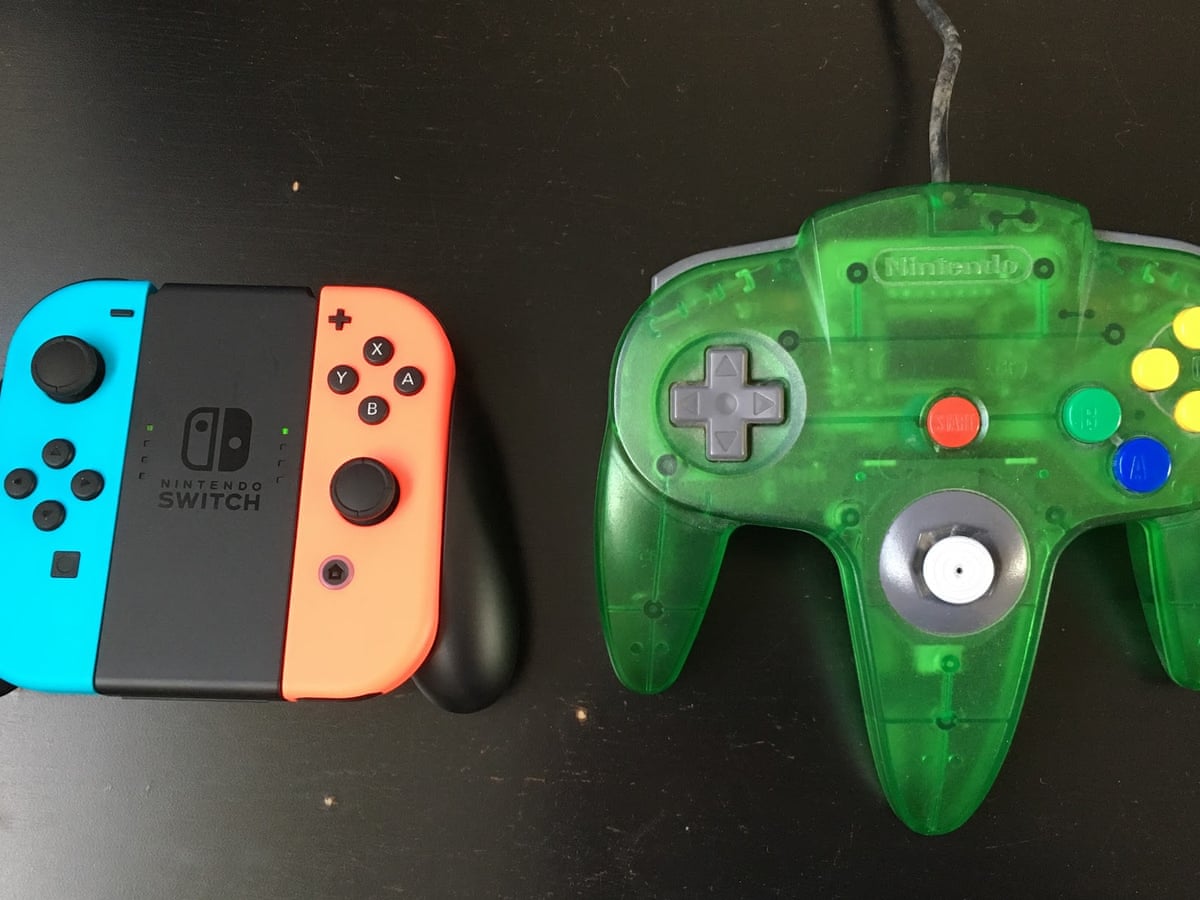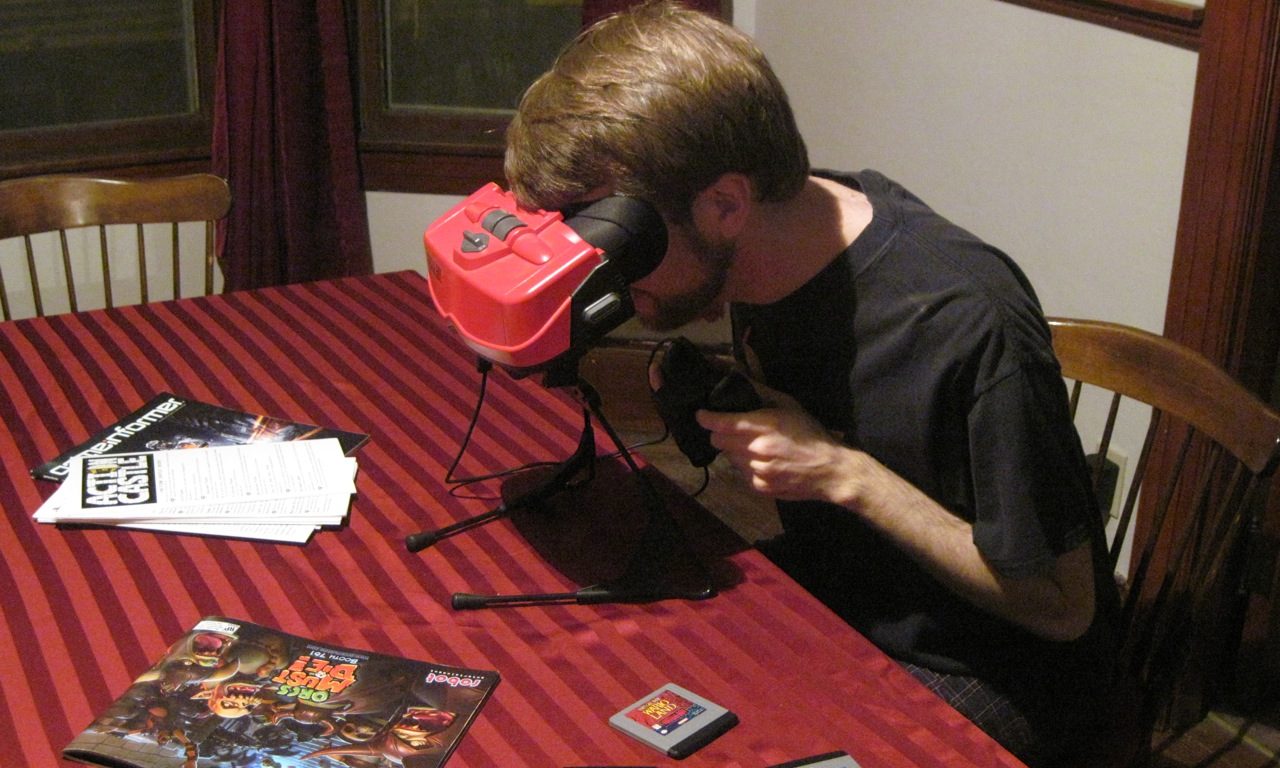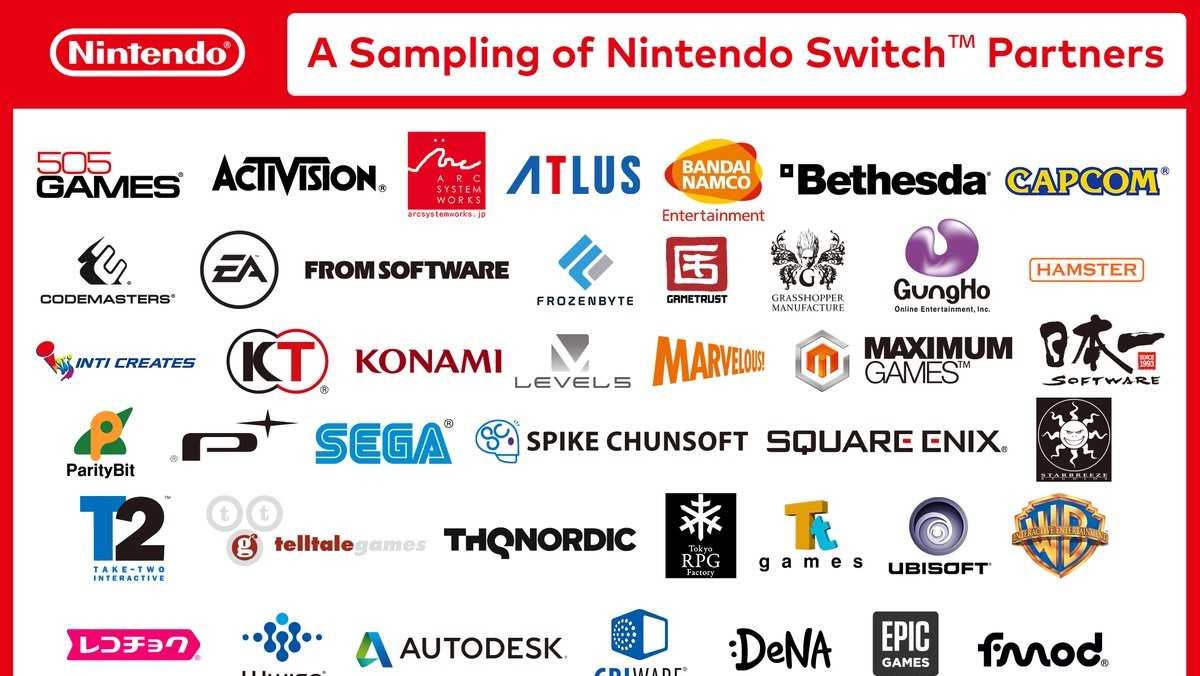How Nintendo’s Biggest Failures Turned into to Their Biggest Successes
Nintendo helped bring gaming back from the brink after the crash of the 1980s. And modern Nintendo has created a successful niche outside of the...
Published 3 years ago in Ftw
But along the way, Nintendo has had some very stunning failures. And the only reason the company is successful is they transformed failures into successes.
1
The Power Glove Led to the Wiimotes
Ask anyone what the worst Nintendo Entertainment System accessory is and they’ll tell you the same thing: the Power Glove. “It’s so bad” became both a humorous callback to The Wizard and an honest description of how well this thing played.
But Nintendo doesn’t get enough credit for experimenting with this kind of remote gameplay way back in 1989. And while the Power Glove itself was a hot mess, Nintendo saw the potential for this kind of technology done right.
Flash forward to 2006 and the arrival of the Nintendo Wii. This console took the world by storm, primarily because of the fun and intuitive Wiimotes. But this system and these controllers were only a success because Nintendo kept developing their remote gameplay technology.
Eventually, things came full circle when fans realized they could create their own Powerglove Wiimote!2
Super Mario Bros. 2 Led to Super Mario Bros. 3
The origin story of Super Mario Bros. 2 is fairly well-known. When Nintendo of America determined that the real Super Mario Bros. sequel was both too difficult and too derivative of the original, they panicked. And instead of getting that sequel, Western audiences got a Mario skin of a completely different game called Doki Doki Panic.
While Super Mario Bros. 2 was fun in its own right, the game eventually made hardcore Nintendo fans start to worry. Specifically, they worried if Nintendo was capable of creating a genuine sequel to the original game instead of a simple variation (which, honestly, is what Lost Levels was).
All of this led to Super Mario Bros. 3. Nintendo poured their heart and soul into creating a game that honored the original while adding new characters, levels, power-ups, and bonus levels. And to this day, Mario 3 is the “gold standard” by which we judge new Mario games.3
Fallout With Sony Led to Nintendo’s Independence
Once upon a time, Nintendo wanted to compete with Sega so badly that they explored creating their own SNES CD attachment with a little company known as Sony. When Nintendo backed out of this arrangement, Sony began working on their own system.
This, of course, became the original PlayStation. And many gamers point to Nintendo rejecting Sony as the exact moment that the company helped create their own biggest rival. And it’s true: Nintendo eventually discovered they couldn’t compete with Sony by trying to do the same thing.
Instead, Nintendo adopted what would later be called a “Blue Ocean Strategy.” Instead of competing in an existing market, Nintendo began creating their own market instead. And the innovations of systems like the Wii and the Switch help Nintendo stay competitive even though their systems are always underpowered compared to the PlayStation or Xbox.4
The Wii U Led to the Switch
The Wii U is rightly regarded as a major failure. After the breakout success of the original Wii, Nintendo made a successor system with a confusing name, bad controls, and a central gimmick (the detachable tablet controller) that really, really sucked.
However, Nintendo took a step back to assess the strengths and weaknesses of the Wii U. They realized that the idea of a detachable tablet controller wasn’t the problem. The problem was that the tablet had an unresponsive screen and only worked within a few feet of the base console.
This, of course, led to the Nintendo Switch. The screen is responsive as hell, and you can play the entire system as a portable console or on the TV. Just like that, one of the worst parts of the Wii U became the core design of the Switch.5
The N64 Laid the Groundwork for Switch Cartridges
When the Nintendo 64 was announced, the fact that Nintendo would still be using cartridges was jaw-dropping. In a time when everyone else was exploring the potential of CDs, Nintendo seemed to be stuck in the past.
And it really showed. The N64 cartridges were the worst of all worlds: difficult to develop for and limited in storage. And they were expensive, which led to Nintendo passing the costs to the consumer.
However, Nintendo stuck with cartridges for handheld systems while exploring disc-based gaming for home consoles. They eventually perfected cartridge tech, allowing them to fit huge games onto cheap cartridges that were easy to develop for. This led to games that load lightning-quick and don’t drain the Switch’s battery as fast as a spinning disc would.6
The Virtual Boy Led to the 3DS
The Virtual Boy was a truly insane experiment. It was a 3D system that hurt player’s eyes. It was an innovative new console...that only had a couple of colors. And it was a “portable” system that you couldn’t exactly take with you.
However, Nintendo learned some valuable lessons from the Virtual Boy. For example, they learned that players liked 3D gaming. But they didn’t like putting on a bunch of complicated gear to achieve the effect.
This is what eventually led to the 3DS. The games were 3D and immersive, and they didn’t require you to put on so much as 3D glasses, much less a heavy-ass headset.7
From Third-Party Foe to Third-Party Friend
Sometimes, the best thing about Nintendo is also the worst thing about Nintendo. For example, gamers love Nintendo’s first-party titles. But Nintendo had to perfect making their own games after pumping out multiple consoles (particularly the Nintendo 64, the GameCube, and the Wii U) that were notoriously difficult for third-party developers to make games for.
Nintendo learned their lesson and had a simple mission with the Switch: to make the system insanely-friendly for third-party developers. This is one of the reasons why the Nintendo Switch online store is always bursting at the seams with new content.
And the popularity of the Switch has led to developers making unexpected ports to Nintendo’s console. Despite the Switch having less raw power than its competition, you can still use it to play wildly popular third-party games like Overwatch and Fortnite. And there are even unexpectedly great ports of titles like the 2016 Doom game and Wolfenstein II: The New Colossus.

